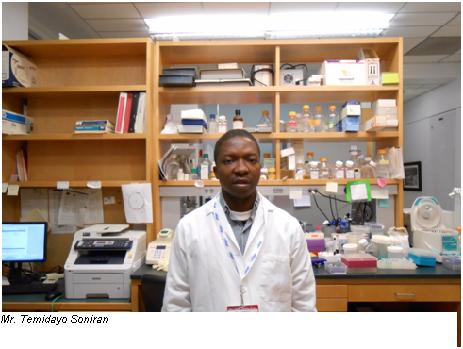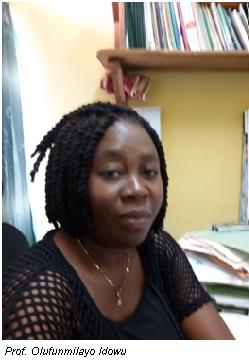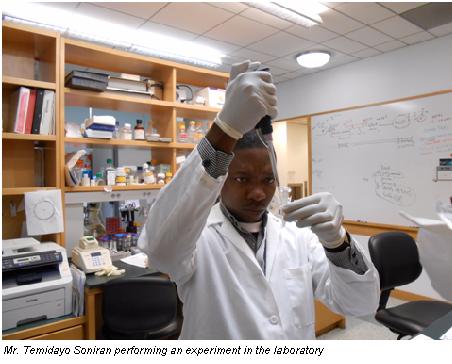Efforts at curbing the menace of malaria fever received a boast, going by the recent research conducted in the area. Malaria has been a leading cause of mortality and morbidity in the developing world, including Nigeria. This has remained so because of the widespread drug resistance against commonly-used anti-malaria drugs such as chloroquine and pyrimethamine/sulfadoxine that have been reported in different parts of the world, thereby leading to changes in the treatment regimen in areas of chloroquine resistance with the use of alternative drugs, consisting of artemisinin derivatives.
According to a Medical Parasitologist in the Department of Pure and Applied Zoology, College of Biological Sciences (COLBIOS) of the University, Professor Olufunmilayo Idowu, Artemisinin was proven to cure malaria in areas where chloroquine failed for some years, until the emergence of rrtemisinin-resistant strains of the parasite. This, she said, led to the World Health Organisation’s recommendation of the use of Artemisinin Combination Therapies (ACTs), as the first line of treatment of malaria in Sub-Saharan Africa.
However, she said these successes were being threatened by the emergence of ACTs-resistant strains of Plasmodium falciparum from the Thai-Cambodian and Thai-Myanmar borders; The University Don, who noted that ACTs resistance was a major threat to global health, particularly in the Low and Middle-Income Countries (LMICs), characterised by high disease burden, substandard or counterfeit ACT compounds in circulation and inadequate systems for the monitoring and containment of resistance, pointing out that little evidence had been produced in that regard, adding that the situation was capable of crippling efforts that had been put in place to control malaria in Nigeria. “Caution should be exercised in the use of ACTs in the treatment of malaria to avoid the development of resistance by the parasite. Indiscriminate use of antimalarial drugs without confirmation of infection by diagnosis, either by microscopy or use of Rapid Diagnostic Test ( RDT), should be avoided”, she added.
Professor Idowu further stated that one of her PhD students, Temidayo Soniran, through the assistance of Malaria World Society and her collaborators in Cornell University, travelled to the United States of America for further study on malaria drug resistance.
Sharing his experience at the Cornell University, United States of America, Mr. Temidayo Soniran, the PhD student of the University’s Department of Pure and Applied Zoology, (COLBIOS), disclosed that the Malaria World Society had solicited financial support on his behalf from the scientific community to enable him to visit the Cornell Medical College (New York Presbyterian Hospital) and Professor Kirk Deitsch’s Laboratory, as a “Visiting Graduate Assistant” in December, 2014 for his PhD malaria research to study malaria drug resistance.
According to him, during his visit, he had thorough hands-on-training on ‘nucleic acid extraction from human blood, regular Polymerase Chain Reaction (PCR) amplification, PCR-Restriction Fragment Length Polymorphisms (RFLP), agarose gel electrophoresis, and some knowledge of PCR primer design and real time PCR’. With the skills acquired, he said he had worked on his Nigerian field samples (dried blood spots collected from both rural and urban areas) and studied biomarkers dictating Plasmodium falcparum drug resistance to chloroquine, sulfadoxine pyrimethamine and artemisinin (Kelch 13 propeller protein mutation).
The study documented high level of resistance of malaria parasite to sulfadoxine pyrimethamine in Ogun State; there was high level of chloroquine resistance especially in the rural community, making it unfit for use in malaria treatment in this region; there was no record of any resistance to ACTs in the study area, he added.
